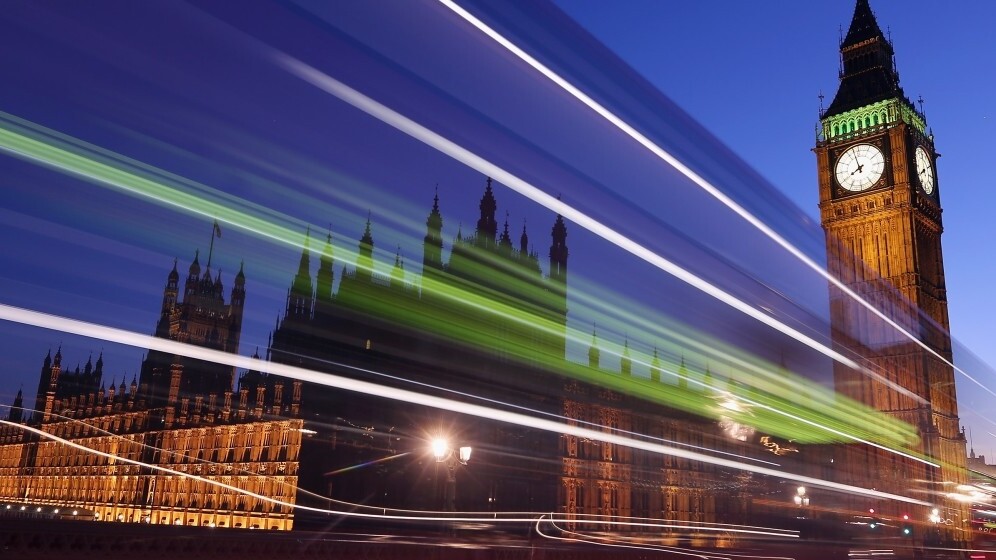
Four of the UK’s largest ISPs will contribute £1 million over the next four years towards the cost of actively seeking out images of child abuse on the internet in cooperation with the Internet Watch Foundation (IWF).
The new measures were decided upon at a summit between ISPs, search engines, social media companies, the UK government and mobile operators in London today.
The IWF’s work will be closely coordinated with that of the Child Exploitation and Online Protection (CEOP) center in the UK and will see Virgin Media, BSkyB, BT and TalkTalk take a “zero tolerance” approach to child sexual abuse imagery online.
In reality, this will entail the ISPs searching for, removing and blocking access to illegal material online, as well as contributing that £1 million collectively.
“This will be the first time the IWF has been asked to take on a proactive approach to detect and act against criminal material. The IWF, working alongside CEOP, and the wider internet industry, will ensure the UK leads the way in the global battle against child sexual abuse. New funding will allow more to be done to actively search, block and remove more child sexual abuse images,” a spokesman for the Department for Culture, Media and Sport (DCMS) said in a statement.
The IWF estimates that there are around one million unique images of child sexual abuse online but only around 40,000 reports are submitted each year. Until now, the IWF has only been able to take action once illegal material has been reported, curbing its ability to take a proactive approach to the problem.
As part of the new push, any “relevant organisation” (ISPs, search engines, etc.) that doesn’t already provide a splash page warning its customers that they are attempting to access a page that may contain indecent or illegal content will do so “by the end of the month”.
The summit also reviewed measures that had already been taken to tackle the problem which included each of the four main ISPs now offering an active choice of parental controls (and other large ones to offer them by the end of the year), public WiFi providers pledging to offer “family friendly” WiFi in public places and better communication from ISPs to their customers about parental controls and changes to their settings.
The wider industry will report to Maria Miller, Secretary of State for Culture, Media and Sport, within a month on how they can work to support the new measures and proactive approach.
ISPA, the UK ISP trade association, told TNW the industry agreed with the government’s aims to “make the internet a safer place” but said the summit was also an opportunity for government to fully understand measures already put in place by the industry.
“Illegal content is dealt with using established mechanisms. ISPA helped found the Internet Watch Foundation to tackle images of child abuse and criminally obscene adult content, and works with law enforcement and industry to block and remove child abuse content. Industry will continue to work with the IWF, law enforcement and others in this important area. For material that is potentially illegal under the Terrorism Act 2006, Government has set up a dedicated police unit where the public can report material they are concerned about,” Nicholas Lansman, ISPA Secretary General said.
“For content that is not illegal, industry has moved to make filtering tools more widely available to their customers, however filtering is only one part of the solution alongside education,” Lansman added.
Image Credit – Getty Images
Get the TNW newsletter
Get the most important tech news in your inbox each week.




